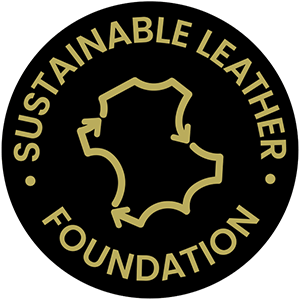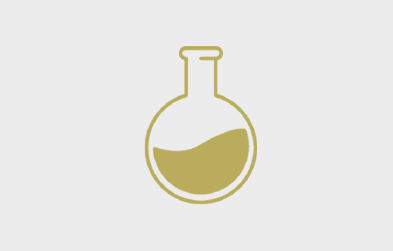Chemistry
Chemical Approach To Sustainability
At the Sustainable Leather Foundation chemicals fall under all three domains of the ESG sustainability. The planet and people are the most affected by irresponsible chemistry, but the wastage and management of chemistry is also important.
The Foundation works collaboratively with chemical suppliers, health and safety officials, other certification bodies, value chain facilities, and consumers to ensure that due diligence is being done regarding chemistry.
All matter (material) in the universe is made from chemicals, natural and other, we cannot escape them. A term often used is “chemical-free” which should really read “harmful chemical-free”, because the safe chemical ingredients in food, like protein should clearly not be removed. Terminology difficulties, like the one just mentioned, and trying to get to the bottom of what level of chemical makes something harmful is the core of what SLF aims to achieve with its partners.
A collaborative approach to creating a Sustainability Agenda is the priority. Together with our value chain partners, the Foundation has worked with stakeholders to provide accountability of facilities in the Audit Standard.
It is well known in toxicology, that “It is not the chemical that makes a poison, but the dose”. Some chemicals require only a tiny dose to be harmful and the Foundation has therefore created guidance that mirrors the global thinking of many restricted substance lists and the “dose” that they could be permitted in leather.
Alternative and green chemistry, which most regard as less harmful, is the present and future focus of the Foundation.
Responsible Chemistry
The SLF and industry attitude towards the due diligence on chemistry is aligned with the European Union’s Risk Management basis.
The Foundation provides responsible chemistry actions as follows:
- Collaborates and publishes restricted substance lists
- Monitors global restrictions on chemicals that need authorisation and restriction (or are candidates for either)
- Publishes guidance, benchmarks and standards on the management of chemistry
- Discusses a balanced use of chemistry (does not promote risk adversity)
- Publishes benchmarks and standards on how chemicals should be labelled, packaged and handled safely
- Asks facilities to consider the economics and minimisation of chemistry.
Get Involved
The SLF Collaboration Hubs and the Technical Focus Groups of the Advisory Board are the main platforms for stakeholder engagement with the industry partners. There are a great deal of modern, best practices with regard to chemistry already in the industry – but there is aspiration for more. Momentum is growing in the industry to ensure that even better chemical practices continue to evolve – with leather leading the way in many areas.
In the discussion forums mentioned above, the industry helps to identify the priorities, and through democratic, transparent negotiations, decides the solutions to those priorities (in a pre-competitive space). The Foundation helps partners to then implement the best practices into their facilities.
We have been producing independently peer reviewed papers since 2020 and work with industry experts to ensure that these leading ideas are found within the Foundation’s Audit Standard and supporting documents. The continuous engagement with the content shows a serious commitment to corporate responsibility and sustainability.
For more information contact us on the button below:

